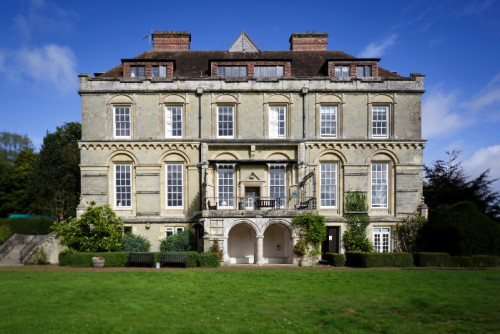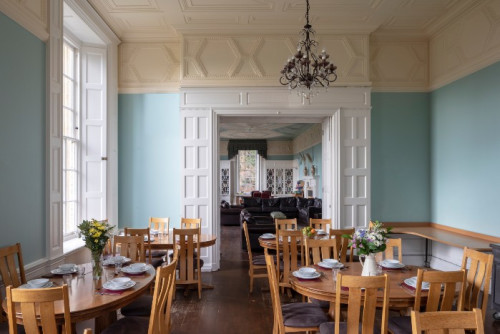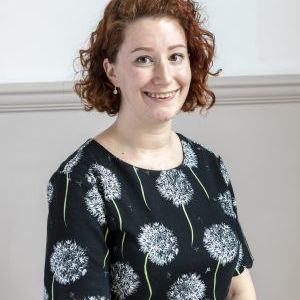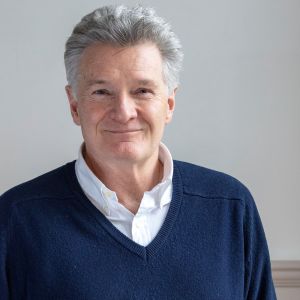






Clouds House
Treatment Focus
This center primarily treats substance use disorders, helping you stabilize, create relapse-prevention plans, and connect to compassionate support.
Primary Level of Care
Offering intensive care with 24/7 monitoring, residential treatment is typically 30 days and can cover multiple levels of care. Length can range from 14 to 90 days typically.
Claimed
Recovery.com has connected directly with this treatment provider to validate the information in their profile.
Treatment Focus
This center primarily treats substance use disorders, helping you stabilize, create relapse-prevention plans, and connect to compassionate support.
Primary Level of Care
Offering intensive care with 24/7 monitoring, residential treatment is typically 30 days and can cover multiple levels of care. Length can range from 14 to 90 days typically.
Private Pay
You pay directly for treatment out of pocket. This approach can offer enhanced privacy and flexibility, without involving insurance. Exact costs vary based on program and length of stay. Contact the center for specific details.
Clouds House
Clouds House
About Clouds House
Clouds House was founded in 1983 and since then has been helping clients with drug and alcohol addictions as well as the co-occurring mental health disorders. They base their program on the 12-Step Program and use modern, up-to-date research. They offer group therapy, individual therapy, 24 hour medical care, relapse prevention, on-site detox, and addiction-and-psychiatric assessments. They provide after care every week on Wednesdays at Clouds House and Tuesdays in central London. Clouds House treats private paid clients, those who have private insurance, and sometimes those who are recipients of state funding. The belief of Clouds House is that community is vital to recovery, so they encourage their clients to participate in community events and outings. They are registered by the Care Quality Commission.
Clouds House is a beautiful country home in the village of East Knoyle. All meals are freshly prepared by chefs and suit all clients’ dietary requirements. Bedrooms are shared because they believe it encourages hope and solidarity. Clouds House can accommodate 38 people at any time. They offer gender-specific accommodations. They provide a women's only lounge and gender-specific communal living area. Clouds House has group therapy, relaxation and mindfulness sessions, and yoga.

Center Overview
Treatment Focus
This center primarily treats substance use disorders, helping you stabilize, create relapse-prevention plans, and connect to compassionate support.
Pricing and Program Length
Estimated Center Costs
The cost listed here (£11,000/month), is an estimate of program cost. Center price can vary based on program and length of stay. Contact the center for more information. Recovery.com strives for price transparency so you can make an informed decision.
Meet Your Care Team

Dr Simone Yule
Clinical Lead
BSc, MB Bch, DRCOG, FP Cert

Dr Cory de Wet
Consultant Psychiatrist
MBBCh, MRCPsych, MSc

Anya Sparks
Treatment Manager

Alex Askew
Registered Manager

Susie Dauhoo
Treatment Consultant
BA (Hons) Psychology, MSc Clinical Psychology

Michael Rawlinson
Treatment Consultant



Levels of Care





Your Care Options
Specializations
Alcohol
Using alcohol as a coping mechanism, or drinking excessively throughout the week, signals an alcohol use disorder.
Drug Addiction
Drug addiction is the excessive and repetitive use of substances, despite harmful consequences to a person's life, health, and relationships.
Who We Treat
Men and Women
Men and women attend treatment for addiction in a co-ed setting, going to therapy groups together to share experiences, struggles, and successes.
Approaches
Evidence-Based
A combination of scientifically rooted therapies and treatments make up evidence-based care, defined by their measured and proven results.
Holistic
A non-medicinal, wellness-focused approach that aims to align the mind, body, and spirit for deep and lasting healing.
Twelve Step
Incorporating spirituality, community, and responsibility, 12-Step philosophies prioritize the guidance of a Higher Power and a continuation of 12-Step practices.
Therapies
1-on-1 Counseling
Patient and therapist meet 1-on-1 to work through difficult emotions and behavioral challenges in a personal, private setting.
Meditation & Mindfulness
A practiced state of mind that brings patients to the present. It allows them to become fully aware of themselves, their feelings, and the present moment.
Aromatherapy
Inhaling or topically applying essential oils can help relieve stress, soothe pains, and relieve emotional distress.
Art Therapy
Visual art invites patients to examine the emotions within their work, focusing on the process of creativity and its gentle therapeutic power.
Family Therapy
Family therapy addresses group dynamics within a family system, with a focus on improving communication and interrupting unhealthy relationship patterns.
Life Skills
Teaching life skills like cooking, cleaning, clear communication, and even basic math provides a strong foundation for continued recovery.
Massage Therapy
Massage therapy relieves physical and emotional tension, reduces pain, promotes relaxation, and improves emotion regulation.
Narrative Therapy
Through narrative therapy, patients rewrite past events with a positive focus. They separate themselves from the problem to see their purpose and capabilities.
Conditions We Treat
Pornography Addiction
A person with a porn addiction is emotionally dependent on pornography to the point that it interferes with their daily life and relationships.
Gambling
Excessive, repetitive gambling causes financial and interpersonal problems. This addiction can interfere with work, friendships, and familial relationships.
Sex Addiction
Compulsively seeking out sex can easily become a problem. This addiction is detrimental to relationships, physical health, and self-esteem.
Substances We Treat
Alcohol
Using alcohol as a coping mechanism, or drinking excessively throughout the week, signals an alcohol use disorder.
Benzodiazepines
Benzodiazepines are prescribed to treat anxiety and sleep issues. They are highly habit forming, and their abuse can cause mood changes and poor judgement.
Cocaine
Cocaine is a stimulant with euphoric effects. Agitation, muscle ticks, psychosis, and heart issues are common symptoms of cocaine abuse.
Drug Addiction
Drug addiction is the excessive and repetitive use of substances, despite harmful consequences to a person's life, health, and relationships.
Ecstasy
Ecstasy is a stimulant that causes intense euphoria and heightened awareness. Abuse of this drug can trigger depression, insomnia, and memory problems.
Heroin
Heroin is a highly addictive and illegal opioid. It can cause insomnia, collapsed veins, heart issues, and additional mental health issues.
Methamphetamine
Methamphetamine, or meth, increases energy, agitation, and paranoia. Long-term use can result in severe physical and mental health issues.
Opioids
Opioids produce pain-relief and euphoria, which can lead to addiction. This class of drugs includes prescribed medication and the illegal drug heroin.
Languages
Aftercare
Care Designed for Your Needs
Personal Amenities
Amenities
Special Considerations
Gender-specific groups
Patients in gender-specific groups gain the opportunity to discuss challenges unique to their gender in a comfortable, safe setting conducive to healing.
Activities
Off-Site Activities
What people are saying
Treatment
5.0
Accommodations
4.5
Food & Nutrition
4.9
Value
4.9
Lauren Lines (nee) poole
Treatment in 2007 • (45 days) • Reviewed 01/21/26
Former Client
•Mumma
Brad
Treatment in 2025 • (14 days) • Reviewed 07/19/25
Former Client
•Peer mentor, substance missuse (trainee)
Sandra W
Treatment in 2004 • (45 days) • Reviewed 02/22/25
Former Client
•Carer
•West Sussex
Melanie
Treatment in 2025 • (30 days) • Reviewed 02/02/26
Former Client
•Unemployed but going to do volitarty work with CGL stickton then ambassador course
•Stockton on tees cleveland
Clouds House





